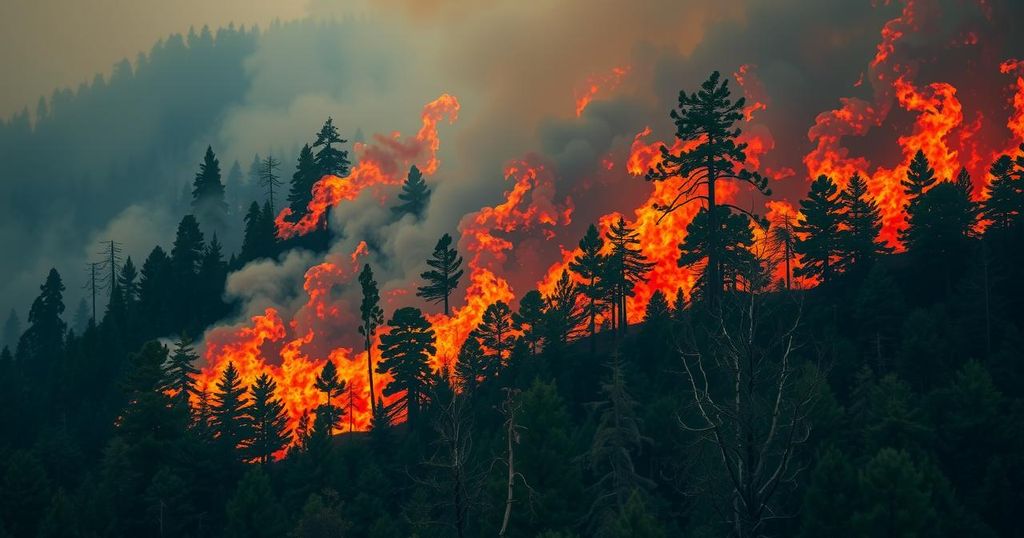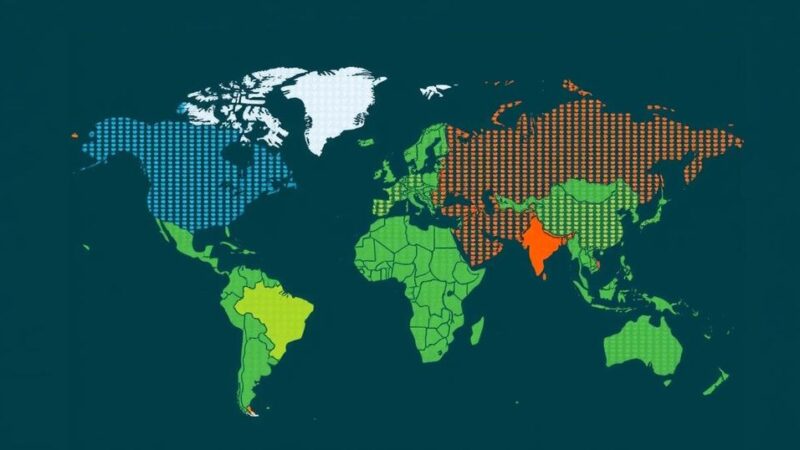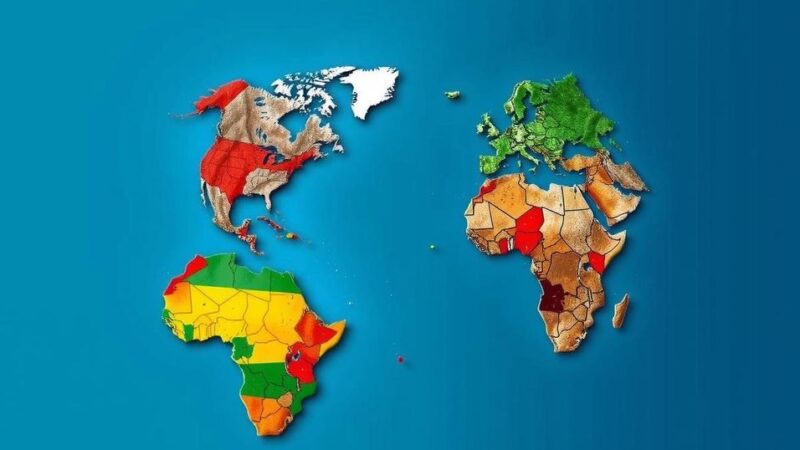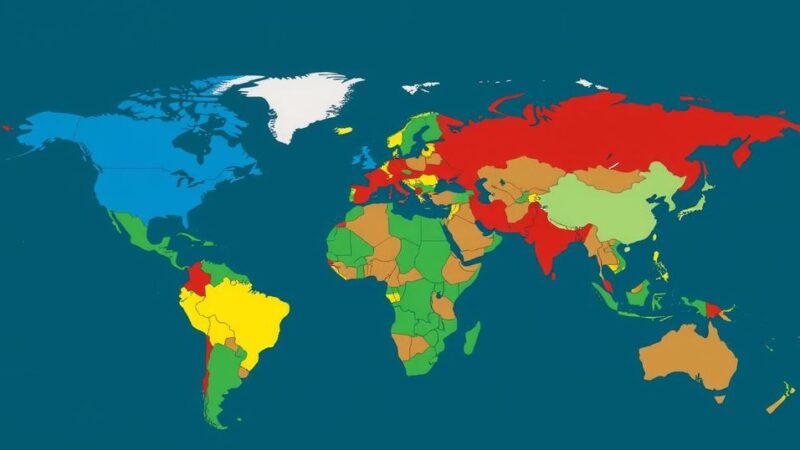Climate change has significantly increased forest fire incidences and led to heightened air pollution, adversely affecting public health. A study shows nearly 16% more forest areas burned from 2003 to 2019, particularly affecting Australia, South America, western North America, and Siberia. Deaths related to fire-induced air pollution rose from about 46,400 annually in the 1960s to nearly 98,750 in the 2010s, with more than 12,500 attributed to climate change in the latest decade. Such trends illustrate climate change’s escalating threat to both ecosystems and human health.
Recent studies highlight the escalating impact of climate change on forest fires and public health. As temperatures rise and droughts become more frequent, the incidence and severity of large forest fires have intensified, posing significant threats not only to ecosystems but also to human health through increased air pollution. The research, published in the journal Nature Climate Change, reveals that from 2003 to 2019, nearly 16% more forest land was consumed by fires compared to scenarios deemed unaffected by climate change. Regions such as Australia, South America, western North America, and Siberia have been particularly hard hit. Despite an overall reduction of 19% in areas burned—attributed to the transition of forests to agricultural use—the statistics indicate that global warming exacerbates the condition of those areas where fires do happen. The study concluded that although heat and drought are not direct cause factors of fire ignition, they significantly increase the vulnerability of forests, resulting in more extensive fires. As co-author Chantelle Burton from the UK Met Office Hadley Centre notes, “Our study shows that once fires occur, the impact of climate change becomes increasingly significant with drier and warmer weather conditions.” A concurrent study led by Chae Yeon Park from the Japanese National Institute of Industrial and Science Technology found alarming increases in health risks associated with fire-related air pollution. The analysis documented a rise in the annual death toll due to smoke-related complications, escalating from approximately 46,400 deaths in the 1960s to nearly 98,750 in the 2010s. The researchers attribute more than 12,500 of these deaths annually in the 2010s to climate change-related air pollution caused by fires, which significantly affected regions such as South America, Australia, and Europe. Park emphasized, “Our research makes it clear that climate change increasingly poses a threat to public health, as smoke is also affecting densely populated areas more frequently.” Yet, the study also identified notable exceptions, particularly in South Asia, where increased humidity due to climate change has resulted in fewer deaths from fires. Epidemiological methodologies were employed to derive these findings, underscoring the correlation between air pollution and health risks related to cardiovascular diseases. However, it is essential to recognize that these studies reflect statistical relationships without definitively establishing causal links, indicating that while the impact of fires on health is significant, it may not be linear in some contexts.
Climate change is a pressing global issue that affects numerous environmental and public health factors. Rising global temperatures and increased drought frequency have been linked to the severity and persistence of forest fires, which have significant ecological and health implications. The studies referenced indicate a notable rise in the scale of wildfires over the past two decades and outline how these events contribute to air pollution, subsequently increasing health risks for populations across the globe. Understanding this relationship is critical to developing strategies to mitigate the health impacts of climate change.
In summary, climate change is intensifying the frequency and severity of forest fires, which poses an increasing risk to both environmental and human health, particularly through air pollution. Research indicates a marked increase in deaths related to fires over recent decades, highlighting the urgent need for global action to address climate change’s detrimental effects on public health and ecological integrity.
Original Source: www.swissinfo.ch






